Do not obscure reason for atomic bombing
Updated: 2015-05-15 07:53
(China Daily)
|
||||||||
 |
|
A protesters' float featuring Japan's Prime Minister Shinzo Abe riding a battle tank is seen during an annual May Day rally in Tokyo May 1, 2015. [Photo/Agencies] |
For the purpose of seeing first-hand the devastating potential of nuclear weapons, the Japanese cities Hiroshima and Nagasaki are the places to go.
And it would be perfectly fitting for the parties to the United Nations Nuclear Non-Proliferation Treaty to make a case for their cause and reiterate a shared commitment to peace in these cities on the 70th anniversary of the dropping of the atomic bombs on them.
That is why the Japanese endeavor to push for world leaders to commemorate the anniversaries appears logical and beyond reproach.
Still, unless they are willing to endorse an increasingly rightist and potentially militarist Japan, whose forbearers once wreaked havoc from Pearl Harbor to Nanjing and throughout much of Asia, countries must beware of a hidden political pitfall.
Rightist Japanese politicians, with Prime Minister Shinzo Abe at the forefront, are waging a relentless campaign to recast their country's unseemly role during World War II.
They are embellishing Japanese aggression as "liberation" from Western colonialism. They are recasting the women who were forced to be sex slaves as providing "voluntary" service. And they either flatly deny the existence of the Nanjing Massacre, or are only one step short of presenting it as a Japanese act of "self-defense".
To wipe the historical slate clean of Japan's wartime atrocities, they not only refuse to apologize, they instead accuse the victim countries of being unforgiving. They have even rewritten textbooks to deceive their own citizens.
Each time Abe has spoken at a commemorative anniversary gathering, in Hiroshima or Nagasaki, he has blamed the tragedies on "the inhumanity of nuclear weapons", and highlighted the Japanese "duty to continue to convey to the next generation, and indeed to the world", that message.
Like other Japanese history revisionists, Abe and his administration are trying everything possible to reinforce the misperception that Japan was a victim, rather than a victimizer.
But the lessons from Hiroshima and Nagasaki are incomplete without due emphasis on the root cause of the tragedies. They were the bitter fruit of militarist Japan's policy of aggression.
A spokesman for a Japanese UN delegation was quoted as saying "there's no intention other than to just let people know what happened that year."
But equally, if not more, important is letting people know why it happened. Any UN non-proliferation document that mentions that bombing without incorporating such an explicit message will be dangerously flawed.
And if world leaders do present themselves at the commemorative events, they must be very careful, that they do not involuntarily throw their weight behind the Japanese efforts to manipulate history.

 Cannes Film Festival unrolls star-studded red carpet
Cannes Film Festival unrolls star-studded red carpet
 Amazing artworks in supermarkets
Amazing artworks in supermarkets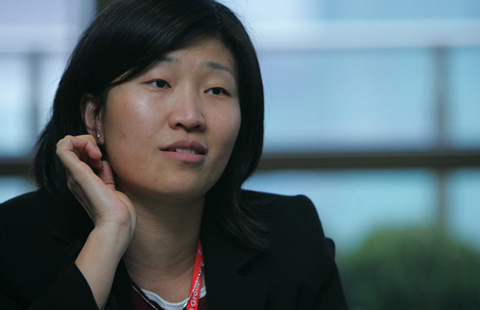
 Top 10 venture investors in the world
Top 10 venture investors in the world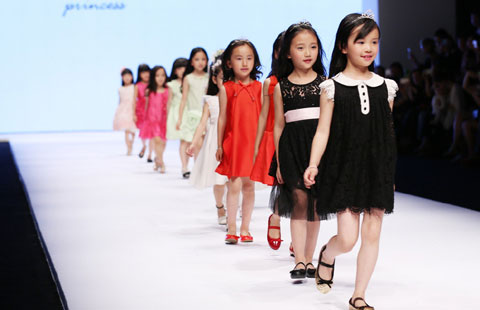
 Ten photos you don't wanna miss - May 14
Ten photos you don't wanna miss - May 14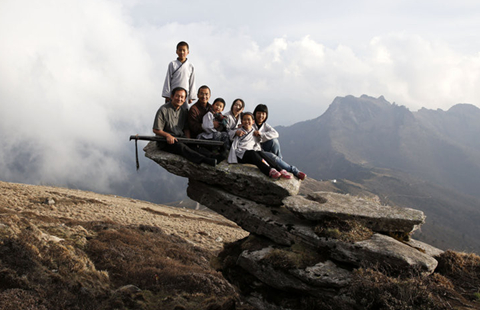
 Classical private school in Qinling Mountain
Classical private school in Qinling Mountain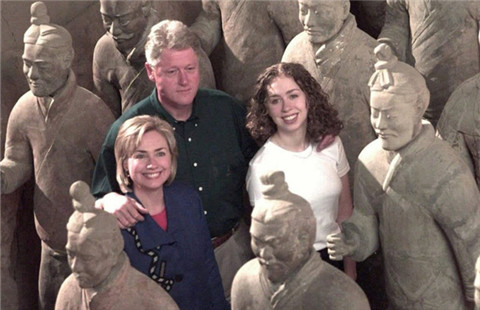
 Heads of state show you around Xi'an
Heads of state show you around Xi'an
 Cross dressing for Peking Opera
Cross dressing for Peking Opera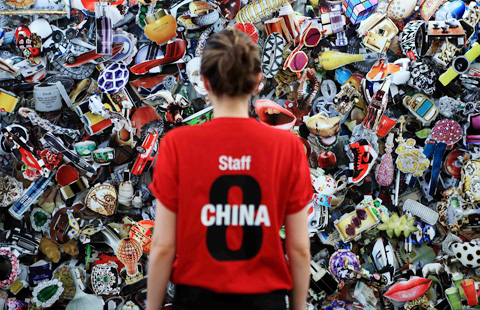
 Ten photos you don't wanna miss - May 13
Ten photos you don't wanna miss - May 13
Most Viewed
Editor's Picks

|

|

|

|

|

|
Today's Top News
Xi to give Modi a hometown welcome
Aviation, railway top Li's agenda for Latin America
Cui rebuffs US stance on
S. China Sea
China set to delay maiden flight of C919 commercial jet
Police warn 'strange outfits' on subway may cause stampedes
At least six die in Philadelphia train derailment, scores hurt
Cui: How to get a win-win in Asia
Animated Deng Xiaoping set to hit silver screen this week
US Weekly

|

|






